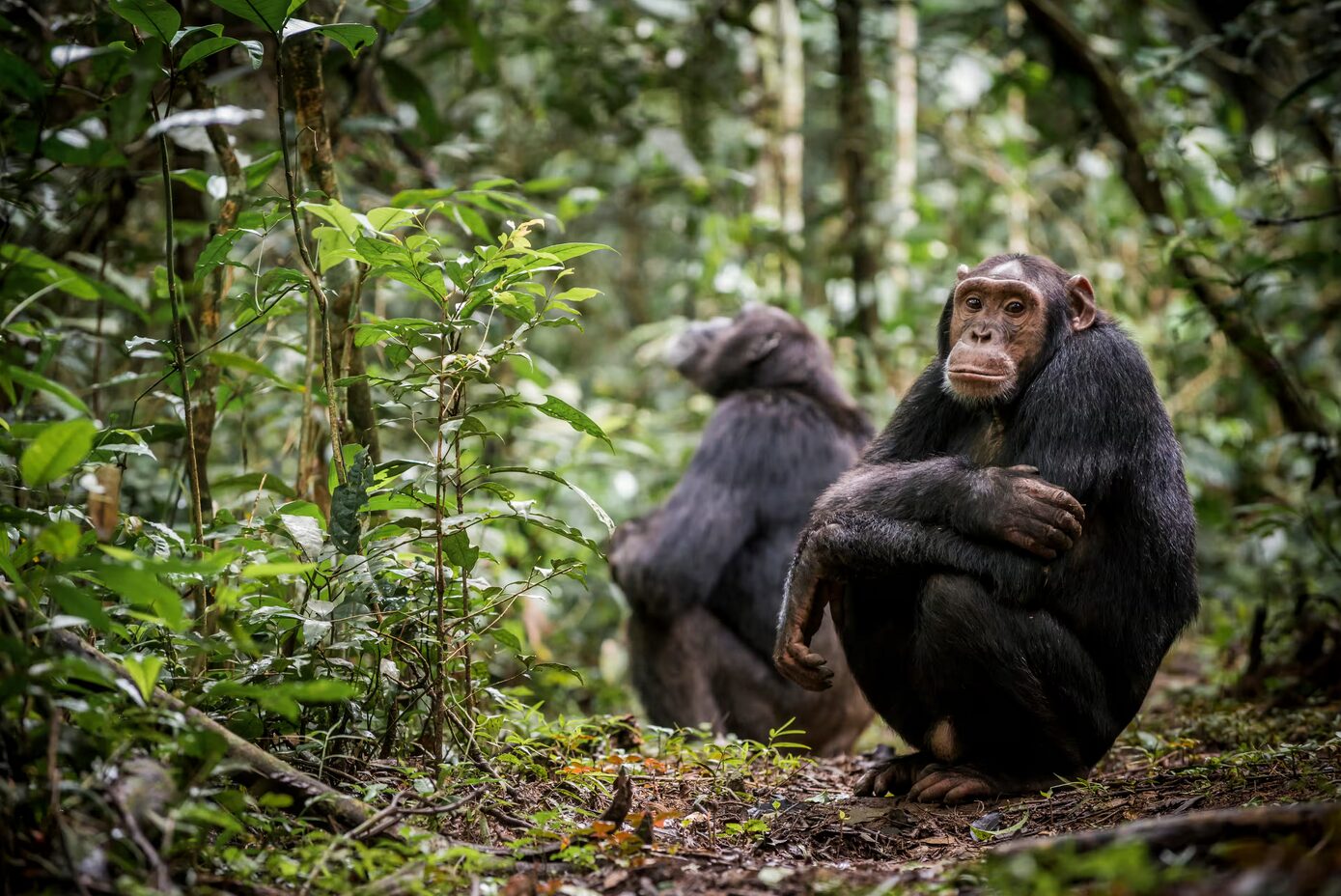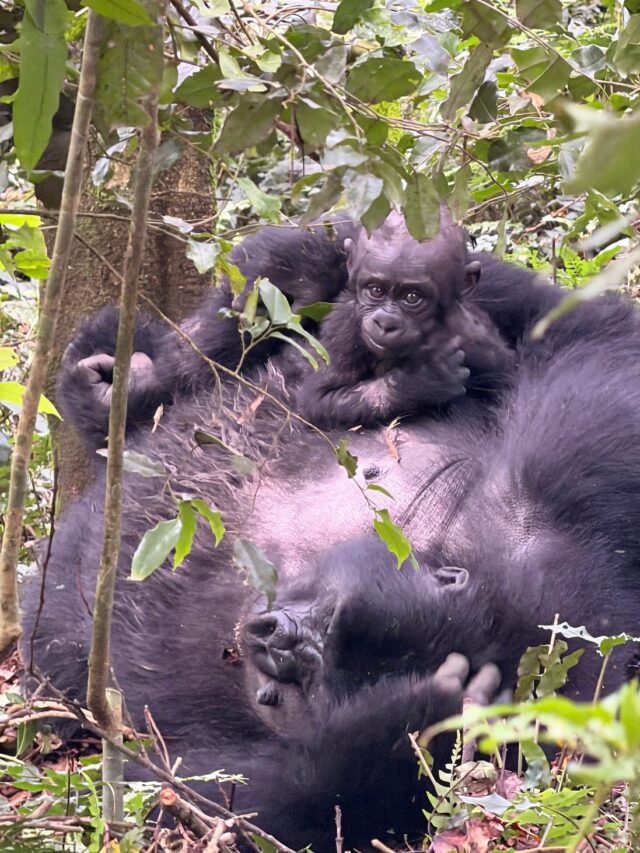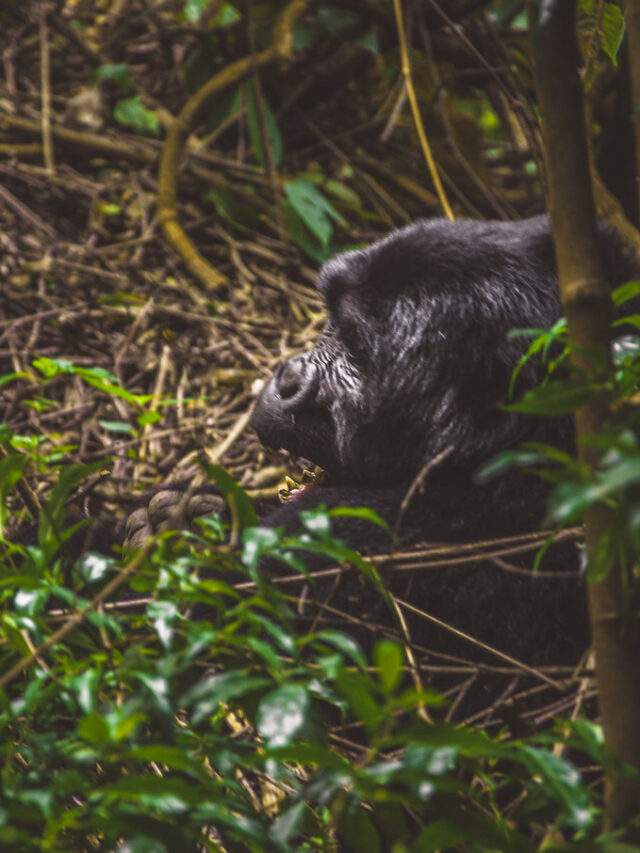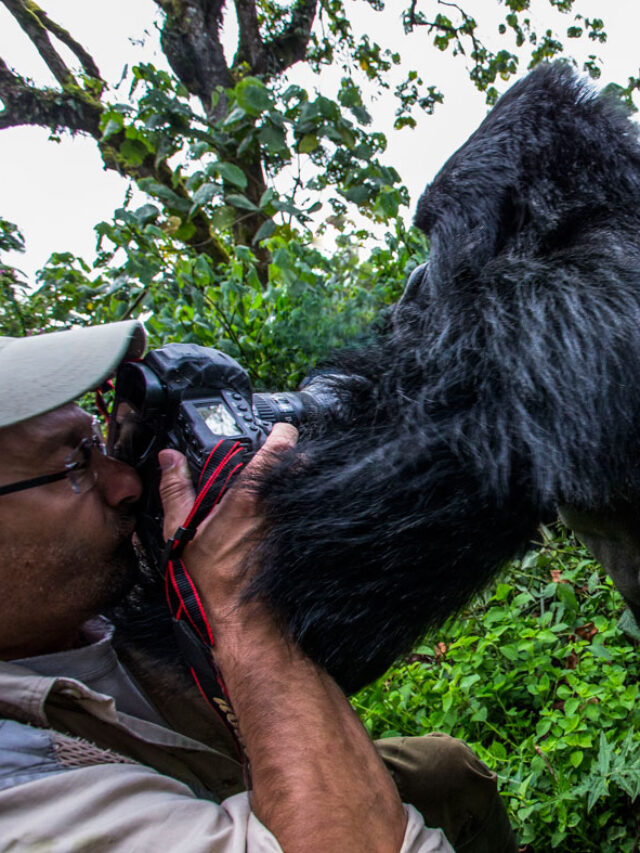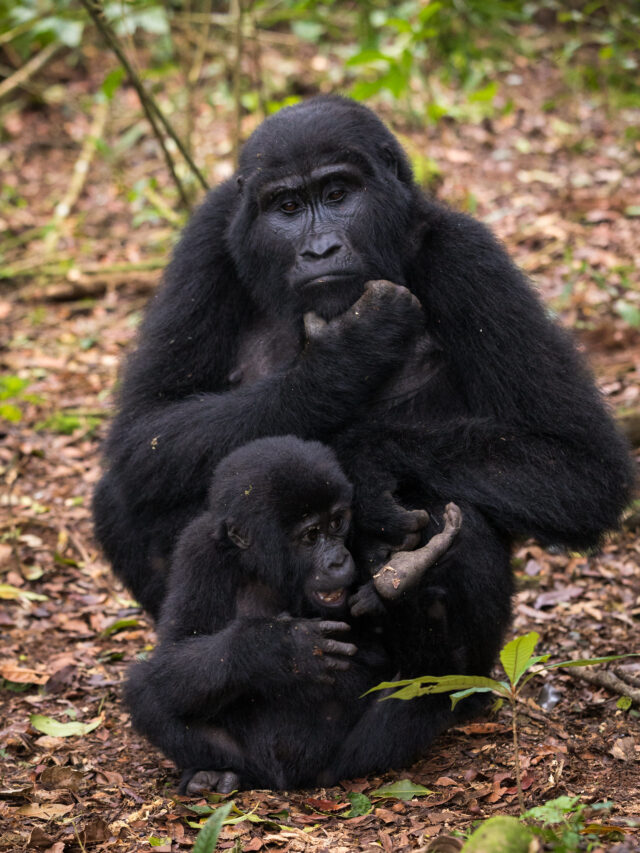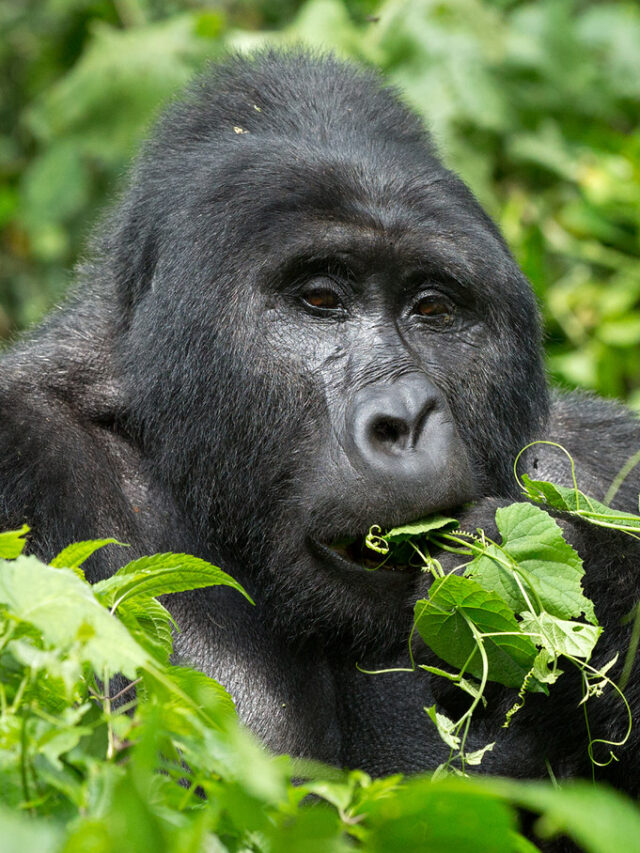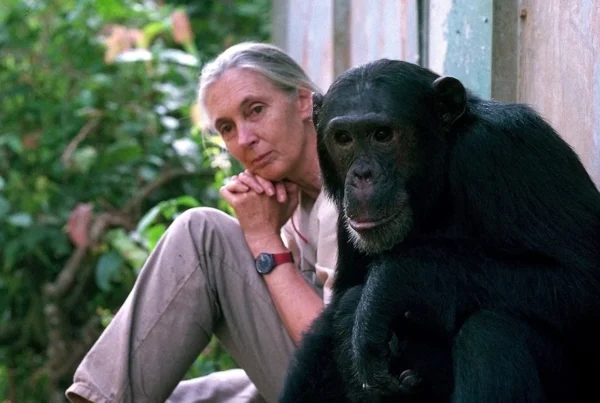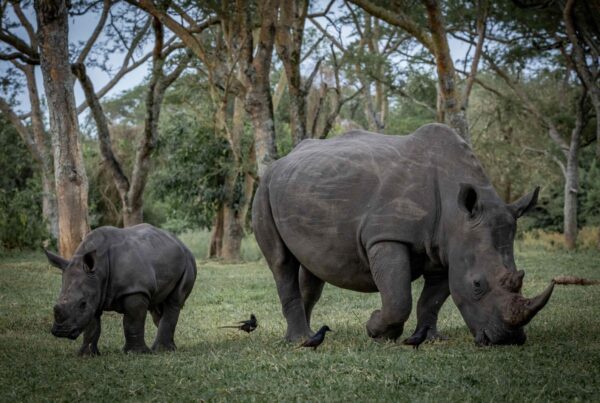Chimpanzees Confirmed in Bwindi: A Groundbreaking Discovery in Uganda’s Pristine Forests
The Exciting Confirmation of Chimpanzees in Bwindi Impenetrable Forest
For decades, Bwindi Impenetrable Forest in southwestern Uganda has been celebrated worldwide for its remarkable biodiversity, especially as a sanctuary for mountain gorillas. However, a recent groundbreaking discovery has added a thrilling new chapter to this iconic forest’s story—the confirmed presence of chimpanzees within its dense and ancient canopy. This revelation not only enriches Bwindi’s ecological tapestry but also holds profound implications for conservation strategies, scientific research, and eco-tourism in Uganda.
Bwindi’s Unique Ecosystem and its Place in Uganda’s Wildlife Heritage
Bwindi Impenetrable Forest covers nearly 331 square kilometers of steep hills and valleys cloaked in thick tropical rainforest. Its reputation as a refuge for endangered mountain gorillas has long made it a priority for conservationists. Yet, the forest’s complex structure, altitude variations, and vast, unbroken canopy provide an ideal habitat for a variety of primates, birds, and plant species, many endemic to this region.
Until recently, while anecdotal reports and indirect signs hinted at the possibility of chimpanzees inhabiting parts of Bwindi, their existence remained unverified. The confirmation of a resident chimpanzee population fills a critical knowledge gap and raises important questions about the forest’s ecological dynamics and connectivity to neighboring forests where chimpanzees are known to thrive.
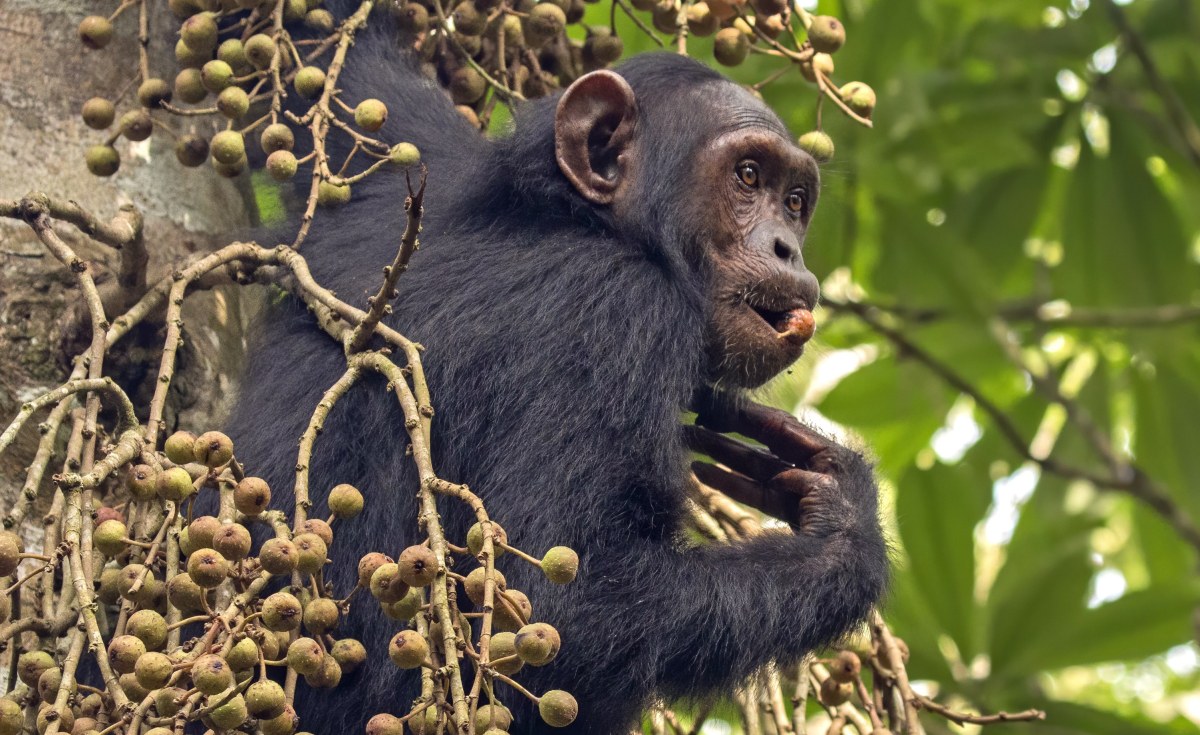
The Journey to Confirmation: Signs, Sounds, and Scientific Validation
For years, locals and forest rangers noted occasional signs suggestive of chimpanzee activity—broken branches, nests high in the canopy, and distinctive vocalizations that differed from the better-known mountain gorilla grunts. However, the dense forest and the elusive nature of chimpanzees made direct sightings rare and difficult.
Through dedicated field surveys, strategic deployment of camera traps, and careful analysis of vocal recordings, conservation teams were able to gather undeniable evidence of chimpanzees living and breeding in Bwindi. These findings were the result of patient observation, meticulous tracking, and collaboration between wildlife authorities and local communities who played a vital role in reporting sightings and safeguarding the forest.
Understanding the Chimpanzees of Bwindi: Behavior and Ecology
Chimpanzees are highly intelligent, social primates known for their complex group dynamics, tool use, and adaptability to diverse forest environments. The Bwindi chimpanzees appear to be part of a small, stable population adapting to the unique montane forest habitat.
Their diet in Bwindi likely includes a variety of fruits, leaves, insects, and small vertebrates, reflecting the rich biodiversity of the forest. Socially, they live in fission-fusion groups, where members come together or separate throughout the day, maintaining strong bonds and cooperation essential for survival in this challenging environment.
The discovery suggests that Bwindi’s chimpanzees may be genetically distinct, having adapted over time to the specific conditions of the montane forest, which differs significantly from lowland and other mid-altitude chimpanzee populations elsewhere in Uganda and East Africa.
Conservation Implications: Protecting a New Primate Treasure
The presence of chimpanzees in Bwindi significantly elevates the conservation value of the forest. Protecting this population requires integrated strategies that account for both gorilla and chimpanzee needs, ensuring habitat integrity, minimizing human-wildlife conflict, and combating threats such as poaching and disease.
Conservation efforts must also focus on community engagement, promoting coexistence, and sustainable livelihoods that benefit from wildlife protection. The addition of chimpanzees as a flagship species for Bwindi has the potential to attract broader support and funding for conservation initiatives, creating a win-win scenario for biodiversity and local communities.
Enhancing Ecotourism and Scientific Research Opportunities
Bwindi has long been a top destination for gorilla trekking tourism, drawing visitors worldwide to witness the majesty of mountain gorillas. The confirmed presence of chimpanzees opens new doors for eco-tourism diversification. Carefully managed chimpanzee tracking experiences can complement gorilla tourism, spreading economic benefits more widely and reducing pressure on any single species or habitat zone.
From a scientific perspective, Bwindi’s chimpanzees offer an invaluable living laboratory for primatologists and ecologists interested in evolutionary biology, behavioral ecology, and conservation genetics. Studying these primates can deepen our understanding of species adaptation to montane forests and inform conservation practices across the region.
Challenges Ahead: Balancing Protection with Human Needs
Despite this exciting discovery, challenges remain. Bwindi’s chimpanzees face threats common to many wildlife populations: habitat encroachment, illegal hunting, disease transmission from humans and livestock, and climate change impacts altering forest composition and food availability.
Effective conservation will require continuous monitoring, research, and community-driven initiatives that address human-wildlife conflict and foster sustainable development. Education campaigns and partnerships with local stakeholders will be crucial to build a culture of stewardship that ensures the chimpanzees’ survival alongside human prosperity.
A Symbol of Uganda’s Rich Natural Heritage and Future Potential
The confirmation of chimpanzees in Bwindi Impenetrable Forest is a testament to Uganda’s extraordinary natural heritage and the resilience of its wildlife. It renews hope that even in well-studied ecosystems, surprises await—reminding us of the importance of persistent exploration, conservation commitment, and the interconnectedness of all species.
As Uganda continues to safeguard its forests and wildlife, the story of Bwindi’s chimpanzees serves as a powerful symbol of discovery, coexistence, and the promise of a thriving natural world for generations to come.


